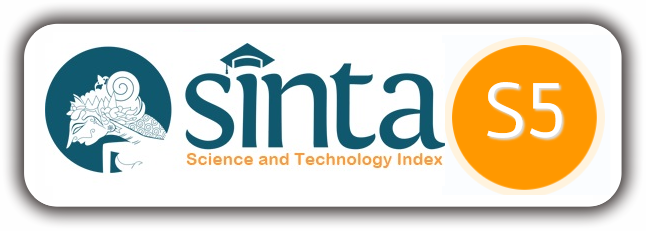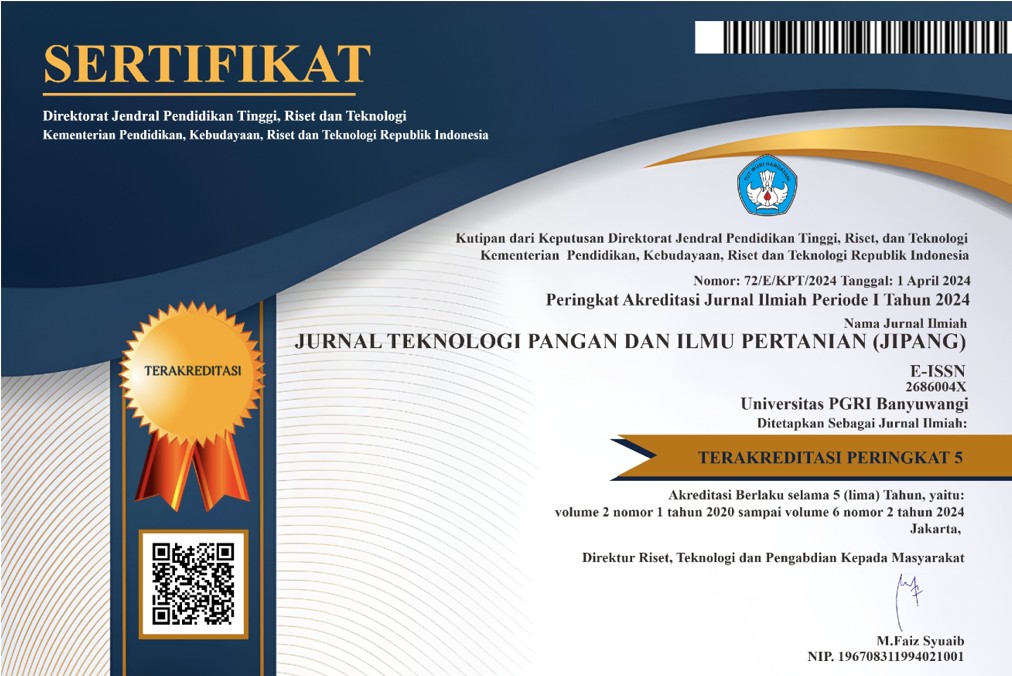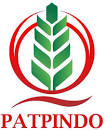SMART WASTE MANAGEMENT BASED ON ARTIFICIAL INTELIGENCE PADA SAMPAH DI BANYUWANGI
Smart Waste Management Based on Artificial Intelligence on Waste in Banyuwangi
DOI:
https://doi.org/10.36526/jipang.v3i1.2668Keywords:
Artificial Intelligence, IOT, Smart wasteAbstract
The Banyuwangi government has problems with waste management, operational costs, and management facilities, the budget spent by the goverment is around 7 billion. Integrated Waste Disposal Sites and Landfills have 1 unit each. TPA should have 12 units and TPST 24 units based on Banyuwangi Regional Regulation. Based on the background, the researcher conducted a study on two systems in the management of waste and waste in Banyuwangi. First, Smart Waste Management (SWM) is based on Artificial Intelligence (AI). SWM integrates the Internet of Things (IoT) and AI for a waste monitoring platform in each sub-district. The algorithm consists of identification, automation, display, and Arduino Uno communication. The tools and materials used in this research include a shredderArduino Uno, GSM Module, etc, and several other electrical devices that support the operation of the system. Some of the support obtained from the local government and the environmental agency produced maximum results, where the smart technology system for waste and waste management designed by the UNIBA research team was maximized. Monitoring provides very accurate information about garbage and waste in Banyuwangi. With the monitoring system, the performance of waste officers will be maximized and efficient. In addition, the waste monitoring platform can be viewed on a smartphone. Based on the results of the above research, it can be concluded that waste in the Banyuwangi is only part of the area that uses Smart Waste and was successfully tested simultaneously. SWM provides information about garbage and waste in Banyuwangi very accurately.
References
Hortelano, T. Olivares, M. C. Ruiz, C. Garrido-Hidalgo, and V. López, “From sensor networks to internet of things.2017. Bluetooth low energy, a standard for this evolution,” Sensors (Switzerland), 17 (2): 1–31
Mudjanarko, S. W., Winardi, S., Limantara, A. D.2017 Peman-faatan Internet of Things Sebagai Solusi Manajemen Transportasi Ken-daraan Sepeda Motor. Prosiding Seminar Nasional Aplikasi Teknologi & Prasarana Wilayah (ATPW), 5 Agustus, Surabaya
Syofian, A. 2016. Pengendalian Pintu Pagar Geser Menggunakan Aplikasi Smartphone Android dan Mikro-kontroler Arduino melalui Bluetooth. Jurusan Teknik Elektro, Fakultas Teknologi Industri, Institut Teknologi Padang.











